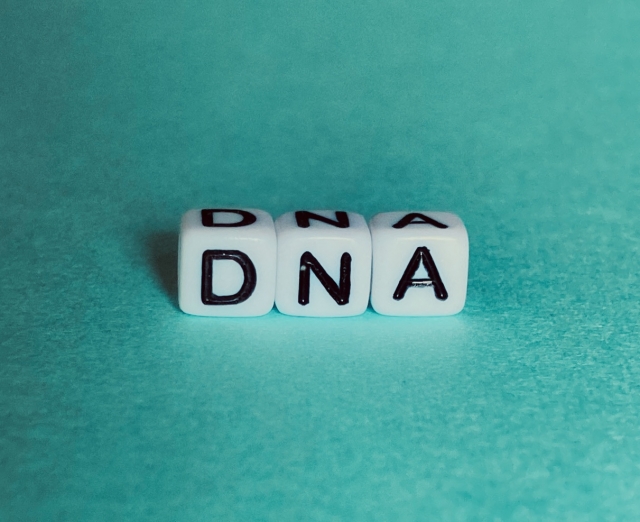With regard to mandatory DNA testing, given the current legal and social context, DNA testing is not mandatory in all cases, although it may be mandatorily required in certain circumstances.
This section describes cases where DNA testing may become mandatory and the legal and ethical issues behind it.
1. Cases where DNA testing is mandatory
In some specific situations, DNA testing may be legally required.These relate to proving parent-child relationships and criminal investigations.
(1) DNA identification in criminal cases
- Criminal investigations: in criminal investigations, DNA testing plays an important role in identifying suspects and supporting evidence.In particularly serious cases, such as murder and sex crimes, the DNA of suspects and victims may be forcibly collected.
- Obligation to provide a DNA sample: where a suspect is identified, mandatory DNA samples are permitted in legally permitted circumstances. In this case, the investigating authorities can obtain a warrant and require the suspect to provide a DNA sample.
(2) Confirmation of parent-child relationship.
- Parent-child relationship litigation: in cases where the parent-child relationship is legally disputed (e.g. in recognition proceedings or custody disputes), the court may order a DNA test. This is to prove the genetic link between the child and the parent.
- Acknowledgement proceedings: where a child seeks recognition from a parent, the court may order a DNA test if the father refuses recognition or if the parent-child relationship is unclear.
(3) Bodily Confirmation
- Identifying victims of disasters and accidents: following a major disaster or accident, DNA testing is used to identify victims. In such cases, survivors or family members may be asked to provide a DNA sample, which can then be used to identify the victim.
2. The debate on mandatory DNA testing
Several arguments and challenges exist with regard to mandatory DNA testing.
(1) Privacy and ethical issues
DNA information is highly sensitive data relating to the privacy of individuals, and mandatory DNA testing may infringe on an individual’s right to privacy.For this reason, compulsory DNA testing is discussed as an issue that should be treated with caution.
- Risk of misuse of DNA data: if DNA information is mismanaged, there is a risk of future leakage or misuse of data on personal health status and family relationships.
- Protecting privacy: DNA information is important to manage and protect because it contains sensitive information about family and blood relations.The question arises as to how appropriate it is to be forced to submit DNA.
(2) Compulsory force of law
If the court orders a DNA test, the sample is required to be submitted in accordance with the law, but the parties may not comply. For example, if a father refuses to submit to a DNA test in a paternity test, the court may regard the refusal as damning evidence, but may not be able to completely force the submission of the DNA.
3. Future perspectives on mandatory DNA testing
DNA testing may become even more widely mandatory in the future, but careful judgement is required, along with advances in technology and legislation.
- Expanded use of DNA in criminal investigations: the use of DNA databases is becoming increasingly common in criminal investigations. This may make DNA testing more common to identify suspects, but this requires protection of data and privacy.
- Increased litigation on parent-child relationships : if litigation on parent-child relationships increases, DNA testing will play a more important role in legal proceedings.In such cases, legal decisions based on DNA test results will be required.
Summary
Mandatory DNA testing may be carried out in certain circumstances, such as in criminal cases or to confirm parent-child relationships, but it is not mandatory in all cases. In particular, compulsory DNA testing needs to be handled with caution because of the personal privacy and ethical issues involved.
The use of DNA data may expand in the future, but at the same time appropriate privacy protection and data management will be key issues.
Latest Articles
Supervisor of the article

Dr. Hiroshi Oka
Graduated from Keio University, Faculty of Medicine
Doctor of Medicine
Medical Doctor









